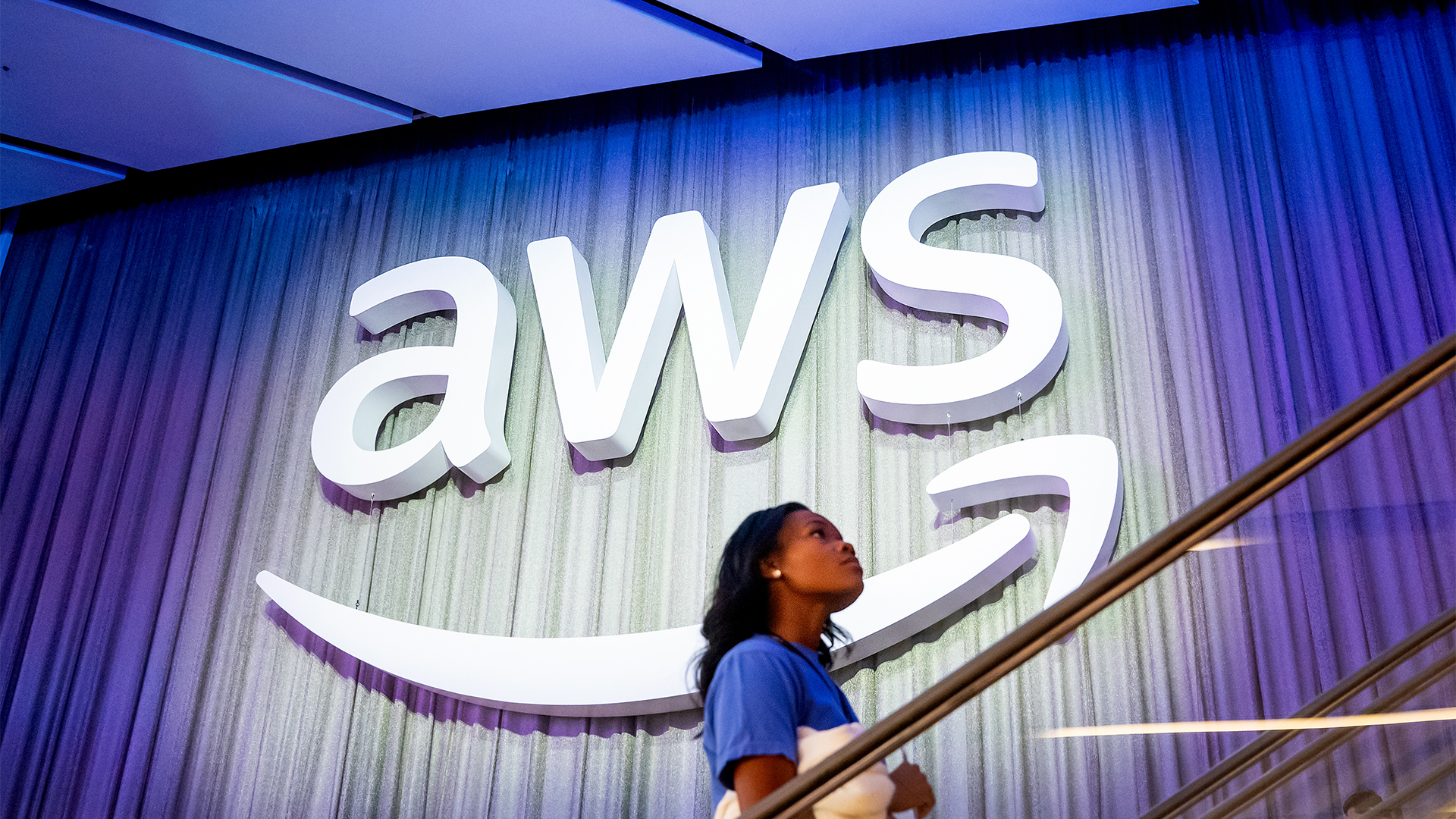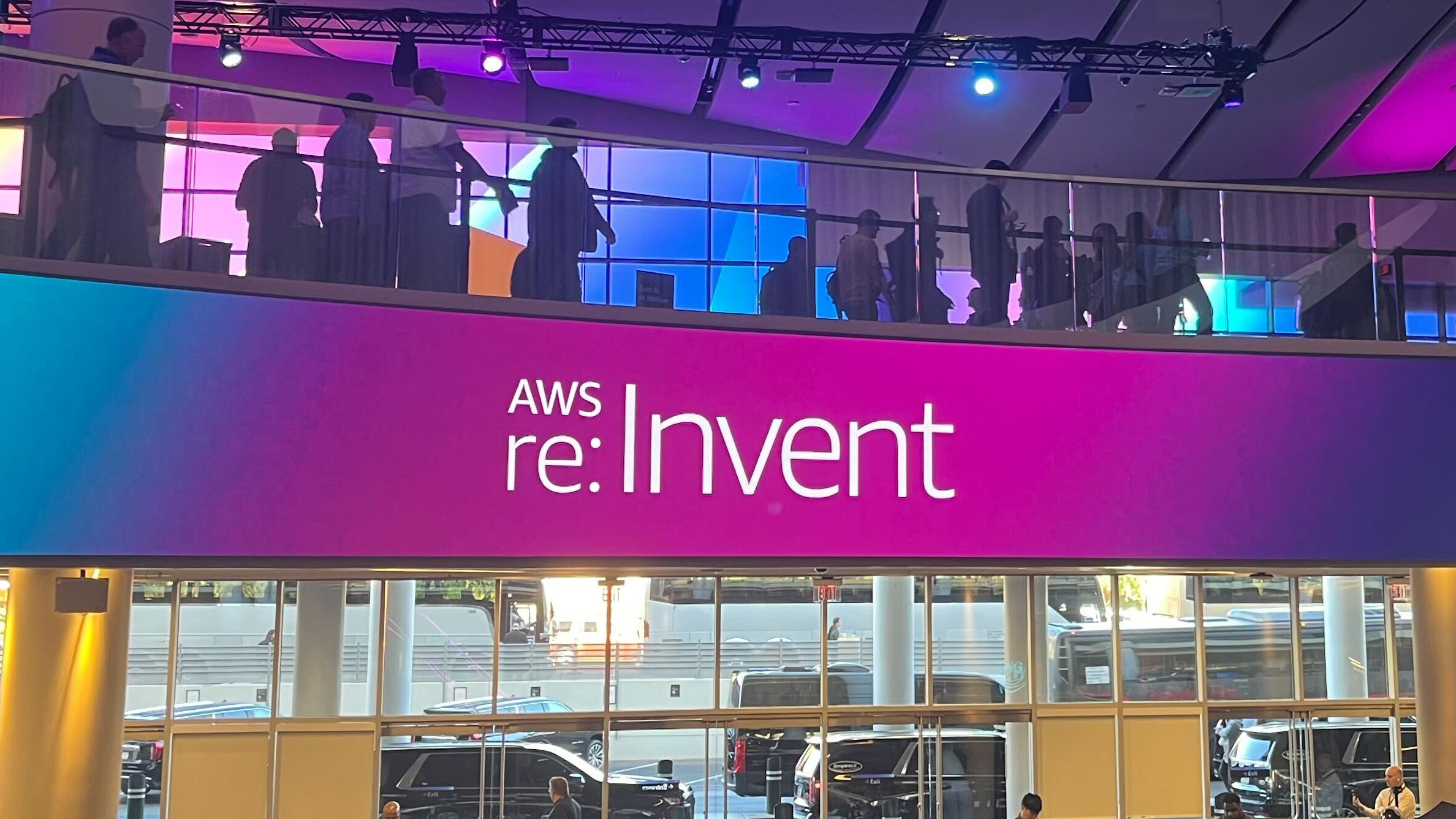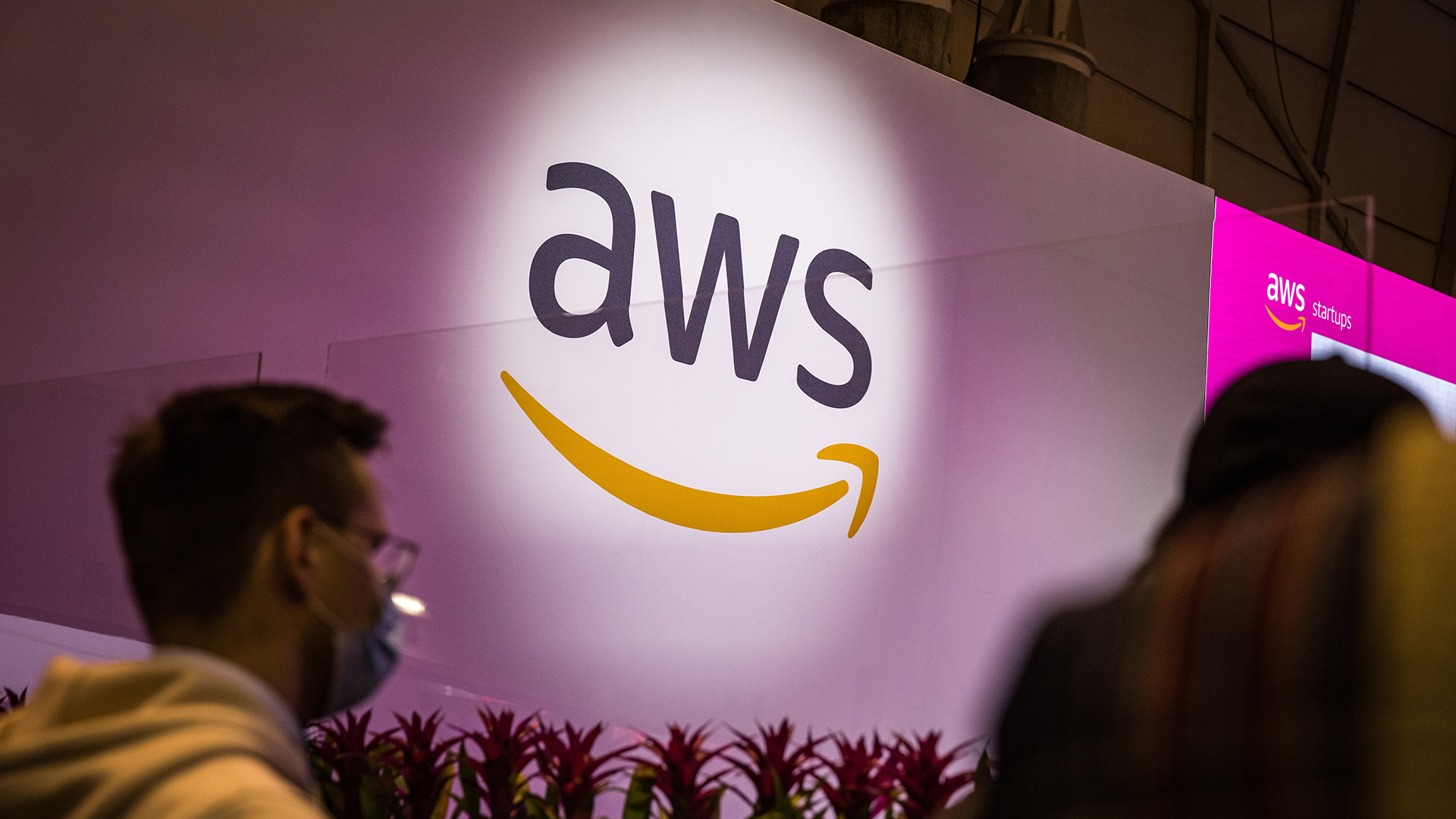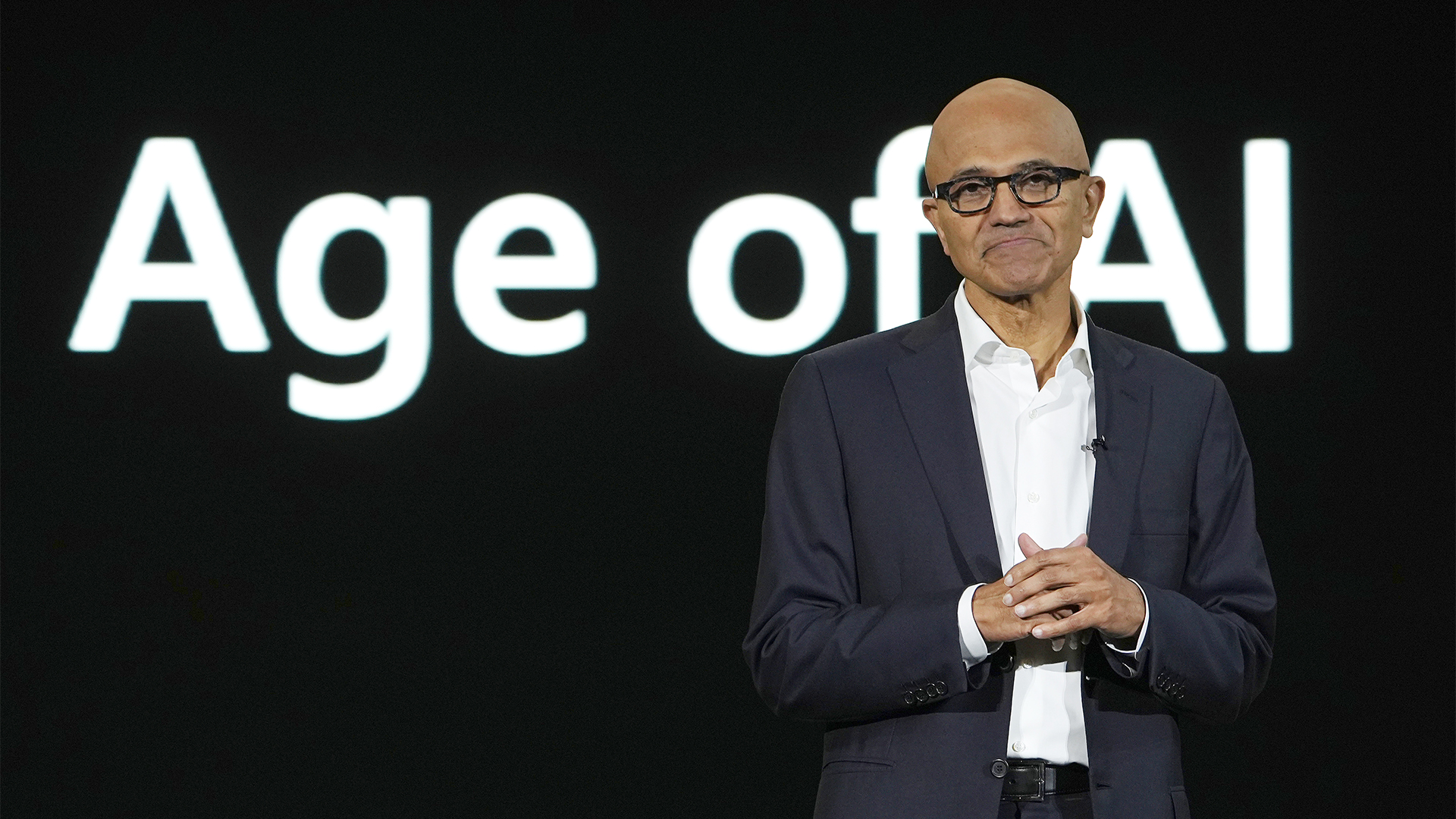Kubernetes on AWS targeted by hackers abusing legitimate pentesting tools
Experts believe the campaign is going to develop further, expanding attacks to other cloud providers


Cyber criminals have been found abusing legitimate open-source penetration testing tools to launch attacks on AWS-hosted Kubernetes environments.
The campaign, dubbed SCARLETEEL, started in February 2023 and is known for targeting cloud environments.
The latest discoveries revealed new tools and techniques to bypass security measures and execute novel intrusions.
A typical SCARLETEEL attack sees attackers exploiting misconfigured AWS policies to escalate their privileges and gain account control.
RELATED RESOURCE

Automating application-driven container elasticity
Learn how to operationalize speed to market while assuring application performance
Once in, the attackers target Kubernetes in order to significantly scale up the attack and deploy malware, such as cryptomining tools.
A combination of penetration testing tools was used in the attack. Once the victim’s AWS credentials had been stolen and the AWS CLI binary installed on the exploited containers, the attackers installed Pacu, an AWS exploitation framework, to reveal further vulnerabilities in the victim’s account.
The attackers also leveraged Peirates, a Kubernetes-specific penetration testing tool, to exploit the Kubernetes environment.
Get the ITPro daily newsletter
Sign up today and you will receive a free copy of our Future Focus 2025 report - the leading guidance on AI, cybersecurity and other IT challenges as per 700+ senior executives
While cryptomining remains one of the operation’s objectives, according to researchers from the Sysdig Threat Research Team, other goals include gaining persistence and the theft of proprietary data.
What has changed in the attack pattern?
SCARLETEEL was first noted by the team in February 2023 and the techniques in use have changed in the time since.
Michael Clark, director of threat research at Sysdig, said: “They kind of evolved their toolsets to understand modern approaches”.
The attacker’s scripts now account for the differences.
Although the ability to detect the presence of a Fargate-hosted container is novel, the use of the AWS CLI and Pacu on exploited containers and Peirates to further exploit Kubernetes is a significant development.
“They use these tools to keep hopping into new environments,” Clark said.
“So, they may end up in a Fargate [environment] because they look for all the credentials they can.”
How were the attackers detected?
In Sysdig’s research, Clark noted that the tools the attackers used are “noisy”, meaning when they run, their processes are often detectable by system and network monitoring tools.
Understanding what the tools’ reconnaissance looks like is key to detecting what they’re doing and when they’re running.
“That is really the only way to do it,” Clark said. “You obviously can’t just say ‘don’t let them in’ - that’s the answer to everything.”
Clark also said the use of Peirates was particularly interesting. The previous attack did not use this tool, but the SCARLETEEL campaign has now expanded to look for Kubernetes and, if found, take advantage of it.
Moving beyond AWS
Alessandro Brucato, threat research engineer at Sysdig, said he believes that the attackers behind the campaign will continue to develop it to target other cloud providers.
“They will try to focus on how they can make a lot less noise, because actually they can look even more like a legitimate service provider. They may try to find some edge services on some cloud providers.”

Richard Speed is an expert in databases, DevOps and IT regulations and governance. He was previously a Staff Writer for ITPro, CloudPro and ChannelPro, before going freelance. He first joined Future in 2023 having worked as a reporter for The Register. He has also attended numerous domestic and international events, including Microsoft's Build and Ignite conferences and both US and EU KubeCons.
Prior to joining The Register, he spent a number of years working in IT in the pharmaceutical and financial sectors.
-
 Should AI PCs be part of your next hardware refresh?
Should AI PCs be part of your next hardware refresh?AI PCs are fast becoming a business staple and a surefire way to future-proof your business
By Bobby Hellard Published
-
 Westcon-Comstor and Vectra AI launch brace of new channel initiatives
Westcon-Comstor and Vectra AI launch brace of new channel initiativesNews Westcon-Comstor and Vectra AI have announced the launch of two new channel growth initiatives focused on the managed security service provider (MSSP) space and AWS Marketplace.
By Daniel Todd Published
-
 The Wiz acquisition stakes Google's claim as the go-to hyperscaler for cloud security – now it’s up to AWS and industry vendors to react
The Wiz acquisition stakes Google's claim as the go-to hyperscaler for cloud security – now it’s up to AWS and industry vendors to reactAnalysis The Wiz acquisition could have monumental implications for the cloud security sector, with Google raising the stakes for competitors and industry vendors.
By Ross Kelly Published
-
 AWS expands Ohio investment by $10 billion in major AI, cloud push
AWS expands Ohio investment by $10 billion in major AI, cloud pushNews The hyperscaler is ramping up investment in the midwestern state
By Nicole Kobie Published
-
 Microsoft hit with £1 billion lawsuit over claims it’s “punishing UK businesses” for using competitor cloud services
Microsoft hit with £1 billion lawsuit over claims it’s “punishing UK businesses” for using competitor cloud servicesNews Customers using rival cloud services are paying too much for Windows Server, the complaint alleges
By Emma Woollacott Published
-
 AWS re:Invent 2024 live: All the news and updates from day-three in Las Vegas
AWS re:Invent 2024 live: All the news and updates from day-three in Las VegasLive Blog ITPro is live on the ground in Las Vegas for AWS re:Invent 2024 – keep tabs on all the news and updates from day-three here
By George Fitzmaurice Last updated
-
 Westcon-Comstor bags major European distribution deal with AWS
Westcon-Comstor bags major European distribution deal with AWSNews The company plans to launch a dedicated European AWS cloud business unit
By Emma Woollacott Published
-
 AWS opens physical sites for fast data uploads – but it could cost you up to $500 an hour
AWS opens physical sites for fast data uploads – but it could cost you up to $500 an hourNews Amazon Web Service (AWS) has launched a new Data Transfer Terminal service to allow customers to upload data to the cloud from a physical site.
By Emma Woollacott Published
-
 Microsoft's Azure growth isn't cause for concern, analysts say
Microsoft's Azure growth isn't cause for concern, analysts sayAnalysis Azure growth has slowed slightly, but Microsoft faces bigger problems with expanding infrastructure
By George Fitzmaurice Published
-
 The Open Cloud Coalition wants to promote a more competitive European cloud market – but is there more to the group than meets the eye?
The Open Cloud Coalition wants to promote a more competitive European cloud market – but is there more to the group than meets the eye?Analysis The launch of the Open Cloud Coalition is the latest blow in a war of words between Microsoft and Google over European cloud
By Nicole Kobie Published